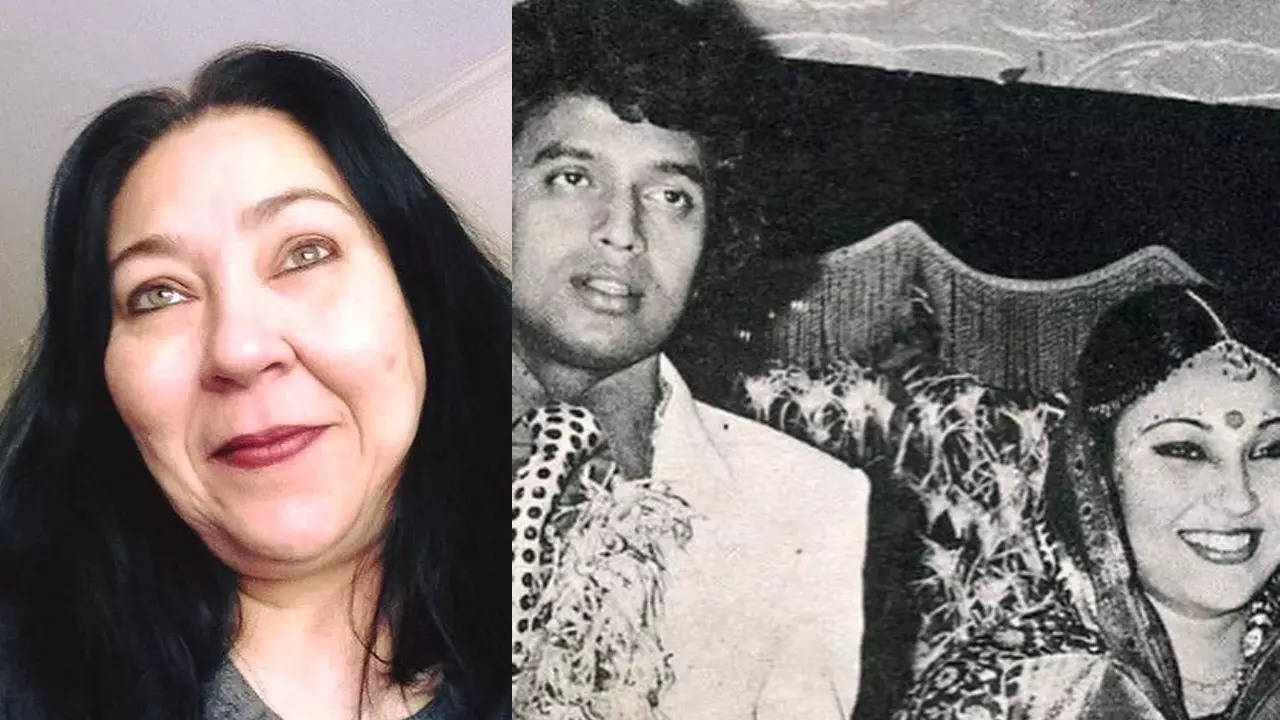Believe it or not, but today’s cine buffs enjoy gory scenes of violence and narcotics abuse in movies instead of steamy sex scenes. In recent years, there has been a trend in Indian cinema, where sex scenes are increasingly depicted with an underlying violence, reflecting themes of power, control, and conflict. Films of top stars Rajnikanth (Jailer), Kamal Hasan (Vikram), Allu Arjun (Pushpa), Dev Patel (Monkey Man), Vijay Devarkonda (Liger), Alia Bhat (Gangubai Kathiawadi) and others. And each one of them has won their spurs for ‘creatively’ canning violent scenes. And that says it all. Violence sells! Findings by renowned film data analyst Stephen Follows cited in The Economist reveal that there is a notable devaluation in sexual content within cinematic productions. The study found that sexual content has been turned down by nearly 40 percent, with the proportion of theatrical films devoid of sexual scenes increasing from 20 percent to approximately 50 percent annually. Instead, narcotics and violence are sharing a greater time on screen. Movie ‘Mayhem’ There are several trends, social and cinematic, that might be held responsible for this shift away from sex on our big screens. According to Balaji Vittal, writer, TEDx speaker, author & columnist, Bollywood commentator, “The skin show has been the most prominent, easiest, and lowest-lying target for the censors to attack, while other things have gone unnoticed. If you look back in history, women have been portrayed in a negative light, such as being subservient to men. These have avoided censoring scissors, but what the censors perceive is whether or not sex and skin display is taking place on the scene.” For example, Freddy (2022) features a socially awkward dentist whose journey into obsession and revenge brings a violent edge to his sexual interactions. Darlings (2022) stands out as a dark comedy-drama that tackles domestic abuse, where intimacy is overshadowed by the threat of violence within an abusive marriage. In Tollywood, Pushpa: The Rise (2021) sets its intimate scenes against a backdrop of crime and smuggling, while Radhe Shyam (2022) heightens romantic moments with the tension of a tragic fate. When it comes to drugs, cigarette smoking, and drinking have received a lot of attention on film. “Perhaps the censors did not see it as harmful to society in the same way that they saw sex as harmful in terms of content,” says Balaji. It’s more about raising awareness, just as it took nearly a decade for the police to become aware of cybercrimes. “Sex is as old as man and woman are. So perhaps that happened before in chronology. However, keep in mind that curbing it comes at the expense of raising awareness. If the censors say we can’t depict drug usage on film, you’re also attempting to push it under the rug. A better option would be to demonstrate it and state that it is bad, that they are the criminals, and that this is how it will harm future generations. As long as the messaging is correct, I believe it is a lot better idea to open it up,” adds Balaji. Rage & Rationale Festival Director of Culture Cinema Film Festival Praveen Nagada underscores that as filmmaking continues to diversify and offer a wider range of content choices, there may be more audience members interested in consuming content that heavily relies on ‘gratuitous’ violence or drug use. “It’s something that was repressed over the last many decades and has now found its place in the recently developed content. Contemporary audiences may exhibit a growing preference for narratives that prioritise substance and authenticity over sex,” says Praveen adding, “It isn’t the portrayal of sex that diminishes a film’s quality. Rather audiences can often discern when sexuality is included solely to spark curiosity and interest rather than being a genuine necessity of the storyline.” He also adds, “In today’s urban society, sex is not a taboo subject. I genuinely believe that elements like storyline, story concept, visual effects, and numerous other factors contribute to making any film or series interesting from a viewer’s perspective even if it involves violence.” Connecting Factors Intimacy director, Neha Vyaso says, “I don’t find the decline of nudity in cinema surprising. Sex has always been a tightrope walk. We’re a culture steeped in rich traditions and complex social codes, where elaborate fictionalised violence finds easier acceptance than a realistic portrayal of sexuality. I like to believe it’s a weird hangover from colonial times, where Victorian ideas clashed with our own culture.” Conversely, the increasing prevalence of narcotics and violence in films may reflect a transition towards themes perceived as more relevant or engaging. These topics resonate with the opioid crisis and urbanism. As noted by Geoff King in Spectacular Narratives: Hollywood in the Age…
Subscribe
Login
0 Comments





